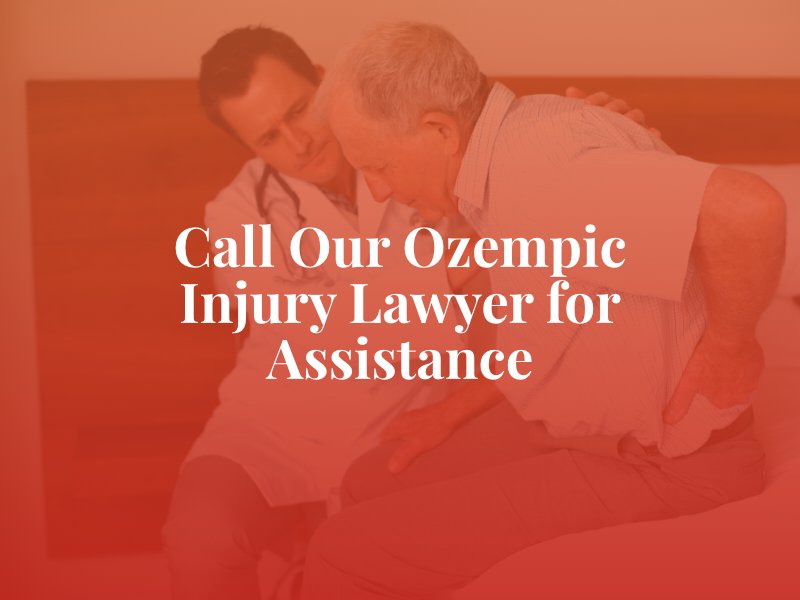Ozempic, a medication containing semaglutide, was developed to manage type 2 diabetes. It works by mimicking a hormone that regulates appetite and food intake, leading to improved blood sugar control and often significant weight loss.
Despite Ozempic’s popularity, recent reports have raised concerns about potential serious side effects of the medication. One of the most concerning complications is ileus, a medical term that refers to a partial or complete intestinal blockage.
Symptoms and Complications of Ileus
When a patient develops ileus, they usually start experiencing symptoms within 24 to 72 hours. These symptoms can greatly affect overall well-being and may include:
- Abdominal pain
- Nausea
- Vomiting
- Constipation
- Loss of appetite
- Watery stools
- Dehydration
- Bloating
If left untreated, ileus can lead to severe complications. The buildup of gas and fluid in the intestines can cause them to stretch, potentially leading to tissue damage or even intestinal rupture. This can result in life-threatening infections such as peritonitis and sepsis. You may be eligible to pursue legal action for your adverse side effects and an Ozempic injury lawyer is the advocate you’ll need while navigating challenging legal processes.
Reported Cases of Ileus in Ozempic Users
The connection between Ozempic and ileus has gained attention following multiple reports of intestinal blockages among users. In September 2023, the U.S. Food and Drug Administration (FDA) announced that it would add a warning about intestinal blockage to Ozempic’s label. This decision came after 18 people who took Ozempic reported developing ileus to the FDA.
It is clear that weight-loss drugs like Ozempic and Wegovy can lead to gastrointestinal issues. According to the FDA Adverse Event Reporting System (FAERS), the agency has received more than 8,500 reports of gastrointestinal issues from patients who take these medications.
Ozempic works by slowing down the movement of food through your stomach and intestines. This helps keep blood sugar under control and keeps patients feeling fuller for longer, which may support weight loss. However, delayed gastric emptying may also lead to ileus, causing serious complications for some Ozempic patients.
Filing a Lawsuit for Ozempic-Related Ileus
If you’ve developed ileus after using Ozempic, you may be eligible to file a product liability lawsuit against the drug manufacturer, Novo Nordisk. These lawsuits allege that the company failed to adequately warn patients and healthcare providers about the risk of severe gastrointestinal complications associated with Ozempic use. These complications include intestinal blockage.
By filing an Ozempic lawsuit, you may be able to recover compensation for various damages, including:
- Medical expenses related to treating your ileus and its complications
- Lost wages due to time off work for treatment and recovery
- Disability accommodations that you now require
- Pain and suffering caused by your condition
You may be eligible to file an Ozempic ileus lawsuit if:
- You were prescribed and used Ozempic as directed.
- You developed ileus while taking the medication.
- You required medical treatment, hospitalization, or surgery due to Ozempic-related complications.
These eligibility criteria are subject to change as these lawsuits evolve. Consulting with a pharmaceutical litigation attorney can help you determine whether you have a valid claim.

Did You Develop Ileus After Ozempic Use?
The link between Ozempic use and ileus is a serious concern that warrants equally serious attention. If you have developed ileus or other severe gastrointestinal issues while taking Ozempic, you may have grounds for legal action.
Shapiro Legal Group, PLLC has extensive experience in pharmaceutical litigation and is actively investigating these cases. After your diagnosis, contact our firm at (800) 220-0984 to learn how we can help you seek accountability and fair compensation.
